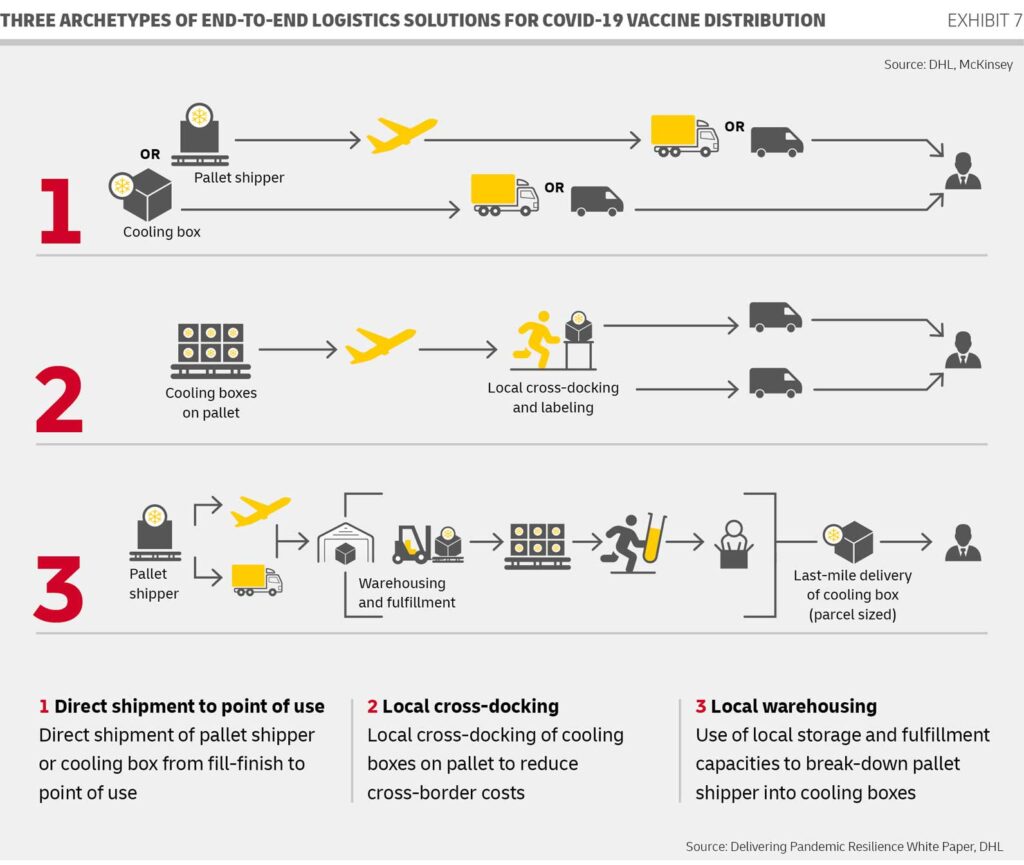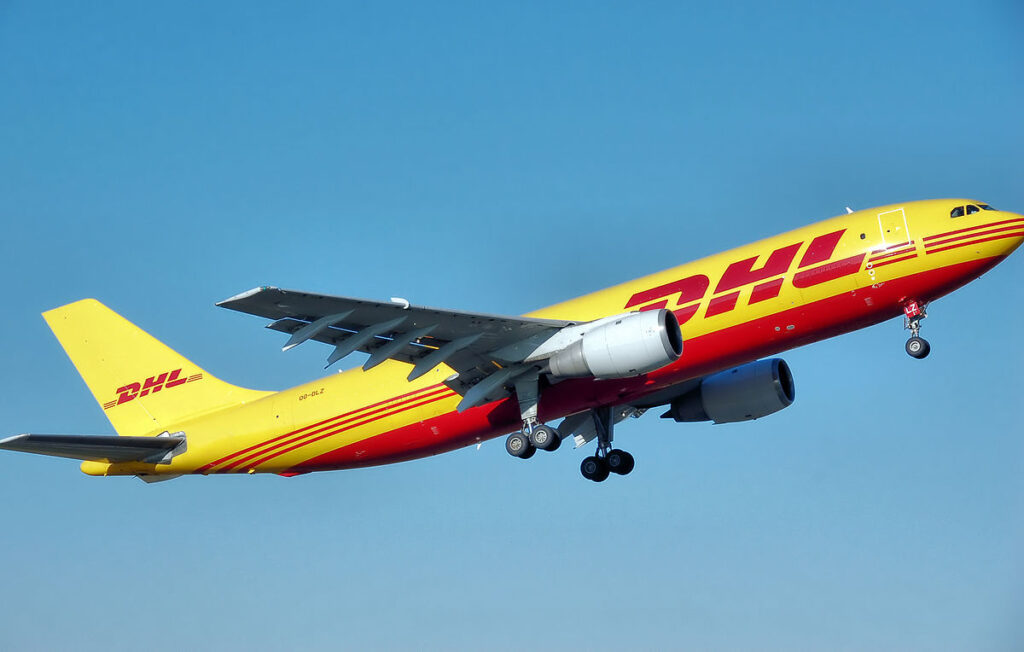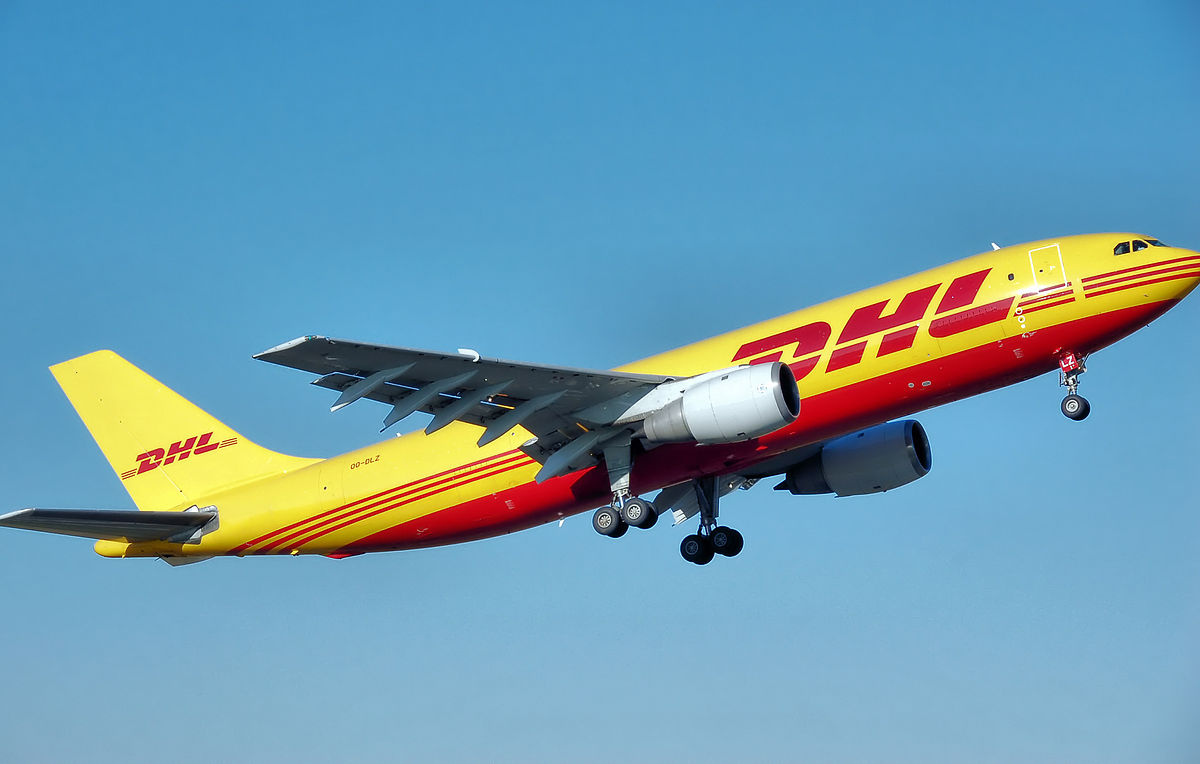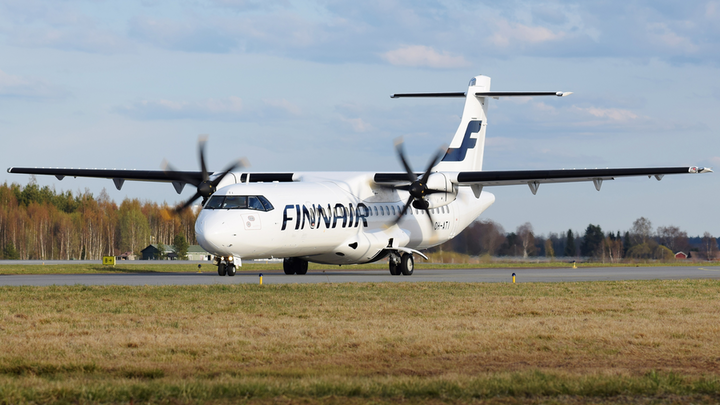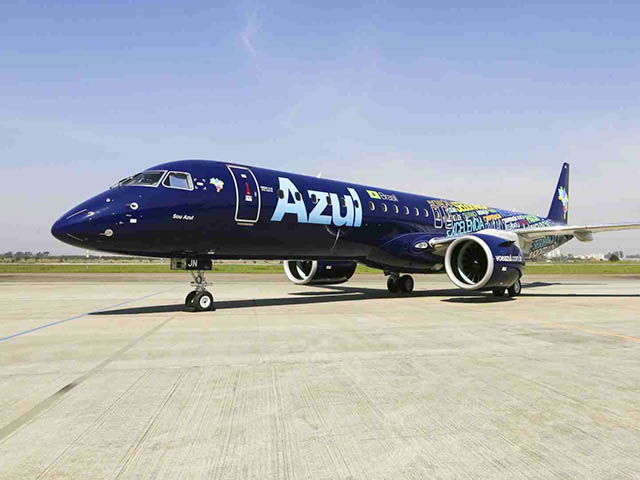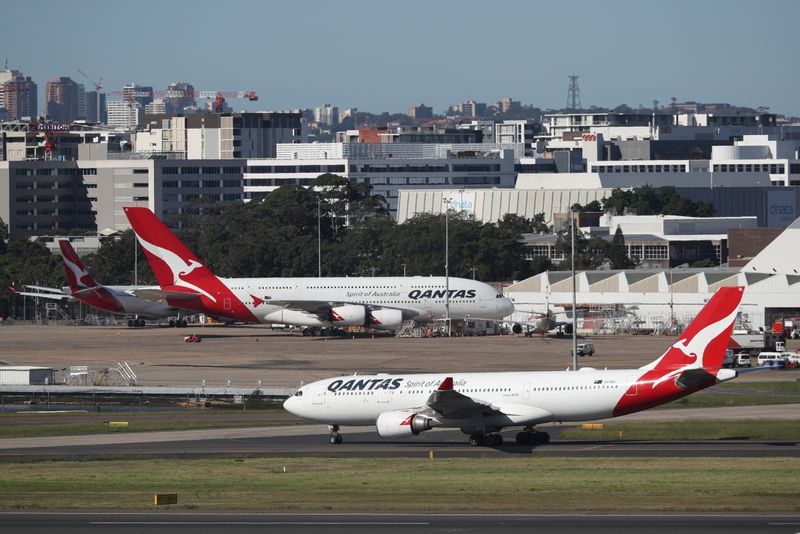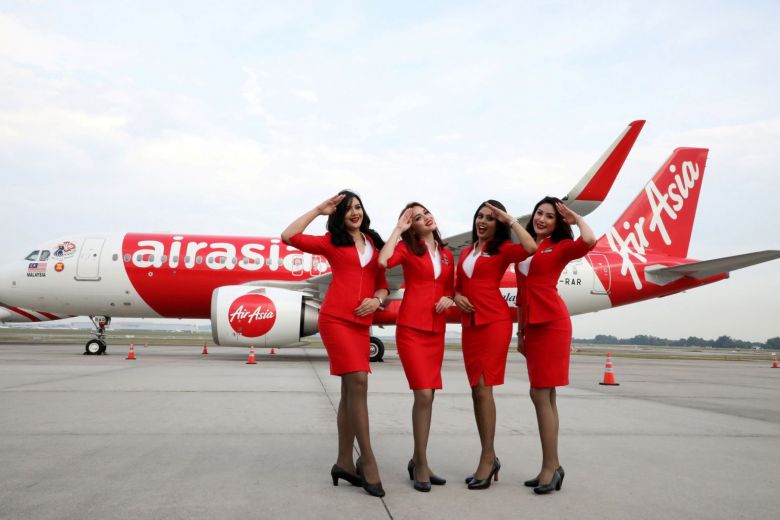– In the paper, DHL evaluates how the transport of vaccines as highly temperature-sensitive product can be managed effectively.
– Global delivery of 10 billion doses of serum needs scaled-up medical supply chains
– White paper identifies critical challenges in COVID-19 logistics
– A framework is provided to tackle future health emergencies beyond COVID-19

With first emergency use authorizations for COVID-19 vaccines expected to be effective in the last quarter of 2020, logistics providers are challenged to rapidly establish medical supply chains to deliver serums of unparalleled amounts of more than ten billion doses worldwide. DHL, working with McKinsey & Company as analytics partner, is therefore publishing a white paper on delivering stable logistics for vaccines and medical goods during COVID-19, and future health crises.
Currently, more than 250 vaccines across seven platforms are being developed and trialed. As COVID-19 vaccines have leapfrogged development phases, stringent temperature requirements (up to -80°C) are likely to be imposed for certain vaccines to ensure that their efficacy is maintained during transportation and warehousing. This poses novel logistics challenges to the existing medical supply chain that conventionally distributes vaccines at ~2-8°C. In the paper, DHL evaluates how the transport of vaccines as highly temperature-sensitive product can be managed effectively to combat the further spread of the virus. The scope of this task is immense: To provide global coverage of COVID-19 vaccines, up to ~200,000 pallet shipments and ~15 million deliveries in cooling boxes as well as ~15,000 flights will be required across the various supply chain set-ups.
Future public health crisis management to include public-private partnerships
Since the outbreak of the pandemic, demand for medical supplies has surged. For example, UNICEF sourced 100 times more face masks and 2,000 times more medical gloves than in 2019. Bringing medical supplies from their distant sources to use at the frontline has been one of the most crucial activities in pandemic response management in the first phase of the health emergency. For PPE specifically, inbound logistics were a major challenge due to geographically concentrated production, limited airfreight capacity and a lack of inbound quality checks. To ensure stable medical supply in a future health crisis, a comprehensive setup of public health crisis strategies and structures needs to be established by governments with partnerships from both public and private sectors.
To kick start the dialogue among the different actors and improve pandemic resilience in medical supply logistics, DHL provides a framework for the cooperation of logistics companies with authorities, politicians, NGOs as well as the life sciences industry. The framework helps to establish measures to ensure the most stable and safe supply chains possible. Besides an emergency response plan, this includes a partnership network, strong physical logistics infrastructure and IT-enabled supply chain transparency. Lastly, a response unit with a clear mandate should be put in place to implement all critical activities at short notice.
